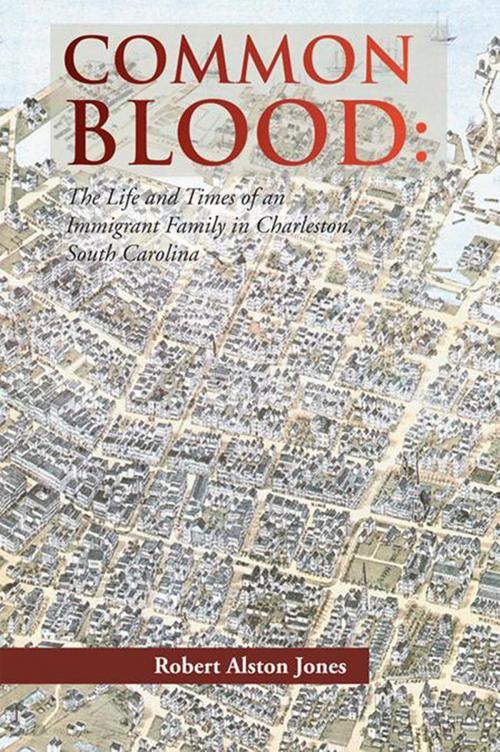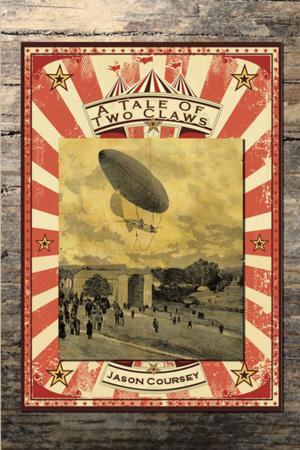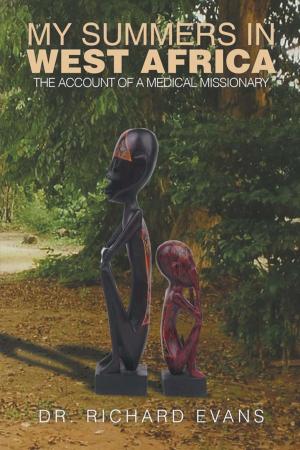| Author: | Robert Alston Jones | ISBN: | 9781479723249 |
| Publisher: | Xlibris US | Publication: | October 29, 2012 |
| Imprint: | Xlibris US | Language: | English |
| Author: | Robert Alston Jones |
| ISBN: | 9781479723249 |
| Publisher: | Xlibris US |
| Publication: | October 29, 2012 |
| Imprint: | Xlibris US |
| Language: | English |
COMMON BLOOD sets the experiences of an extended family of post-Colonial English and German immigrants against the backdrop of more than eighty years of Charlestons tumultuous nineteenth-century history. For the reader who appreciates that history does indeed repeat itself, and who finds social, cultural, and political history fascinating in its ability to provide a vision of both the past and the future, the family stories narrated here are eminently illustrative of the intersection of individual lives with the historical context of their times. The cultural heritage delineated in COMMON BLOOD interweaves European and American strands of [primarily] nineteenth-century history through an examination of an immigrant community that was as unique as its host city. Between Charlestons colonial past and its current vitality lies a century or more of development that often was not pretty, not healthy, not admirable, only infrequently forward-thinking. It was during that period from the early 1800s to the turn of the twentieth-century that an extended family of English and German immigrants evolved into Charlestonians of a slightly different character than those citizens who gained fame of one sort or another and whose names appear in the history books as Charleston notables. These were the European settlers
COMMON BLOOD sets the experiences of an extended family of post-Colonial English and German immigrants against the backdrop of more than eighty years of Charlestons tumultuous nineteenth-century history. For the reader who appreciates that history does indeed repeat itself, and who finds social, cultural, and political history fascinating in its ability to provide a vision of both the past and the future, the family stories narrated here are eminently illustrative of the intersection of individual lives with the historical context of their times. The cultural heritage delineated in COMMON BLOOD interweaves European and American strands of [primarily] nineteenth-century history through an examination of an immigrant community that was as unique as its host city. Between Charlestons colonial past and its current vitality lies a century or more of development that often was not pretty, not healthy, not admirable, only infrequently forward-thinking. It was during that period from the early 1800s to the turn of the twentieth-century that an extended family of English and German immigrants evolved into Charlestonians of a slightly different character than those citizens who gained fame of one sort or another and whose names appear in the history books as Charleston notables. These were the European settlers















